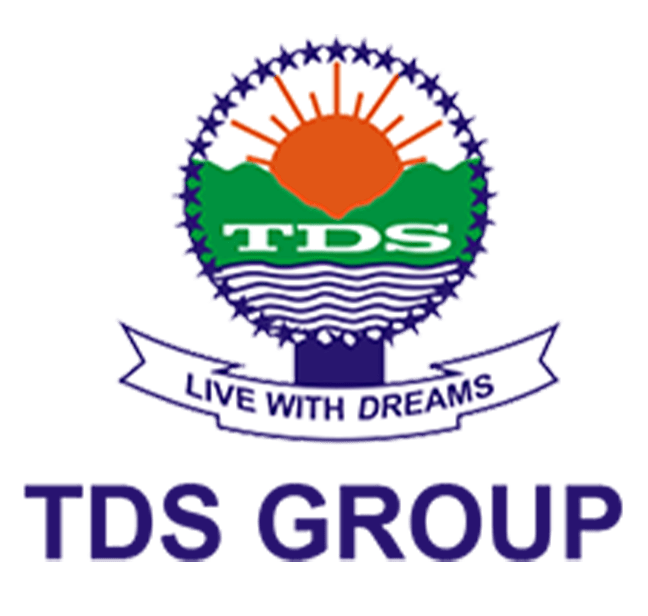In today’s competitive job market, employers are constantly seeking candidates with diverse skills and qualities. While specific job requirements may vary, certain essential skills are highly valued by employers across industries. By understanding and developing these skills, job seekers can greatly enhance their prospects of securing a rewarding career. In this article, we will explore the top 10 essential skills employers look for in candidates, highlighting their significance and providing tips on improving them.
What are these essential skills?
Employee essential skills refer to the fundamental abilities and qualities required to succeed in the workplace. These skills include communication, problem-solving, teamwork, adaptability, critical thinking, time management, and a strong work ethic. They are vital for individual and organizational success, enabling employees to effectively contribute and thrive in their roles.
Why do employers look for the essential skills when selecting an employee?
Employers look for essential skills when selecting an employee because these skills are critical for ensuring the individual can perform the job effectively and meet the role’s demands. Essential skills provide a foundation for success in the specific position and enable the employee to contribute to the organization’s goals.
By seeking candidates with these skills, employers increase the likelihood of hiring individuals who can immediately add value, adapt to the job requirements, and contribute to the success of the team and the company as a whole. Ultimately, selecting candidates with essential skills is essential for maximizing productivity, efficiency, and overall success in the workplace.
Top Skills Employers Look for in Job Candidates
Staying competitive in today’s job market requires more than just a degree. A cocktail of specific skills has become paramount to securing your dream job. So, what are these essential abilities that employers seek? Let’s dive right into it and unfold the mystery of the 10 Essential Skills Employers Look for in Candidates.
1. Communication Skills
Effective communication is paramount in any professional setting. Employers value candidates who can convey information clearly and concisely, verbally and in writing. Strong communication skills enable individuals to express ideas, collaborate with team members, and engage with clients or customers. To improve your communication skills, consider practicing active listening, seeking feedback, and honing your written communication through regular writing exercises.
- Verbal Communication
Verbal communication involves articulating thoughts, ideas, and information through spoken words. It encompasses speaking, maintaining eye contact, using appropriate tone and body language, and actively participating in conversations and meetings.
- Written Communication
Written communication encompasses skills such as writing professional emails, reports, and documents. It involves organizing thoughts logically, using proper grammar and punctuation, and tailoring the language to suit the intended audience. Developing strong writing skills can significantly enhance your professional communication abilities.
2. Teamwork and Collaboration
In today’s interconnected work environments, teamwork and collaboration are highly valued skills. Employers seek candidates who can work effectively with others, contribute to group projects, and foster a positive team dynamic. Being a team player involves active participation, respectful communication, and the ability to share ideas and responsibilities.
3. Problem-Solving and Critical Thinking
Employers value individuals who can think critically and solve complex problems. These skills involve analyzing situations, identifying potential solutions, and making informed decisions. Effective problem-solving requires creativity, resourcefulness, and the ability to approach challenges systematically.
4. Adaptability and Flexibility
Adapting to changing circumstances and embracing new challenges is crucial in today’s rapidly evolving workplaces. Employers seek candidates who can navigate uncertainties, adapt their skills to different roles or projects, and remain resilient in adversity. Demonstrating adaptability and flexibility shows that you can thrive in dynamic work environments.
5. Leadership Skills
Leadership skills extend beyond managerial positions. Employers value individuals who can take the initiative, inspire others, and guide teams toward achieving common goals. Leadership qualities include effective decision-making, excellent interpersonal skills, and motivating and mentoring others.
6. Time Management Skills
Time management skills are essential for maintaining productivity and meeting deadlines. Employers seek candidates who prioritize tasks, manage their time effectively, and stay organized. Developing time management skills involves setting realistic goals, creating schedules, and practicing self-discipline.
7. Technical Skills
In today’s technology-driven world, possessing relevant technical skills is highly advantageous. Employers often seek candidates proficient in specific software, tools, or programming languages related to their industry. Staying updated with the latest technological advancements and continuously expanding your technical skill set can give you a competitive edge in the job market.
8. Creativity and Innovation
Can you think outside the box? The ability to develop fresh ideas, innovate, and add creative value to projects is highly sought after. Creativity isn’t restricted to arts—it’s about finding novel solutions to everyday problems!
9. Emotional Intelligence
Emotional intelligence is understanding and managing emotions in oneself and others. Employers highly value candidates with empathy, self-awareness, and effective interpersonal skills. Developing emotional intelligence involves active listening, empathy training, and cultivating strong relationships with colleagues.
10. Work Ethic
Do you put your heart and soul into your work? A prized asset is a strong work ethic encompassing dedication, responsibility, and professionalism. Employers are looking for candidates who give their 100%, are dependable, and adhere to ethical practices.
Conclusion
In summary, possessing diverse essential skills greatly increases your employability. From effective communication and teamwork to problem-solving and adaptability, each skill is vital to professional success. By identifying areas of improvement and actively developing these skills, you can enhance your prospects of securing your dream job. At TDS Group, we understand the significance of these skills and are committed to helping you develop and showcase them.






